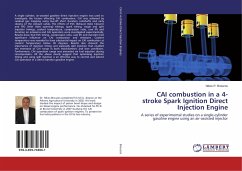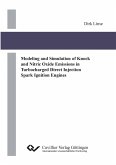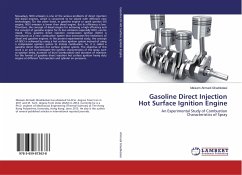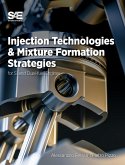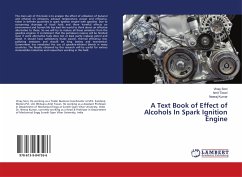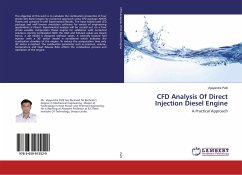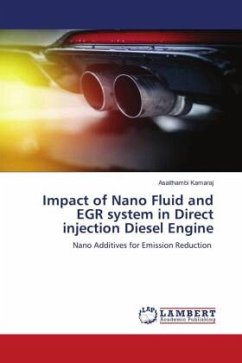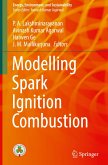A single cylinder, air-assisted gasoline direct injection engine was used to investigate the factors affecting CAI combustion. CAI was achieved by residual gas trapping using low-lift short duration camshafts and early closing of the exhaust valves. The effects of EVC (Exhaust Valve Closure) and IVO (Inlet Valve opening) timings, spark timing, single and split injection timings, coolant temperature, compression ratio, cam lift and duration on emissions and CAI operation were investigated experimentally. Results show that EVC timing, compression ratio, cam lift and duration had significant influence on CAI combustion and emissions. Coolant temperature was revealed to have substantial impact on CAI combustion at coolant temperature below 65 degrees. Results also showed the importance of injection timing and especially split injection that enabled the extension of CAI range in both stoichiometric and lean conditions. Furthermore, CAI operation range was extended via fuel injection during recompression. All the above clearly suggest that optimising injection timing and using split injection is an effective way to control and extend CAI operation in a direct injection gasoline engine.
Bitte wählen Sie Ihr Anliegen aus.
Rechnungen
Retourenschein anfordern
Bestellstatus
Storno

